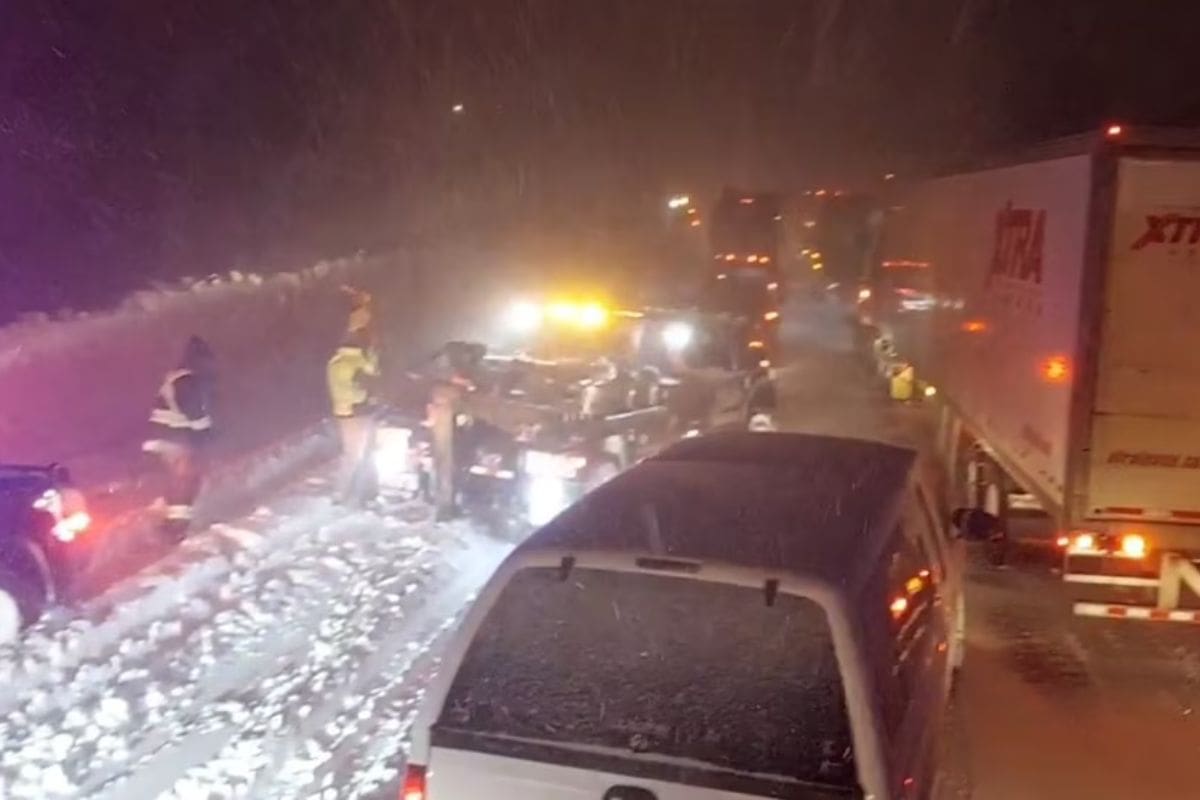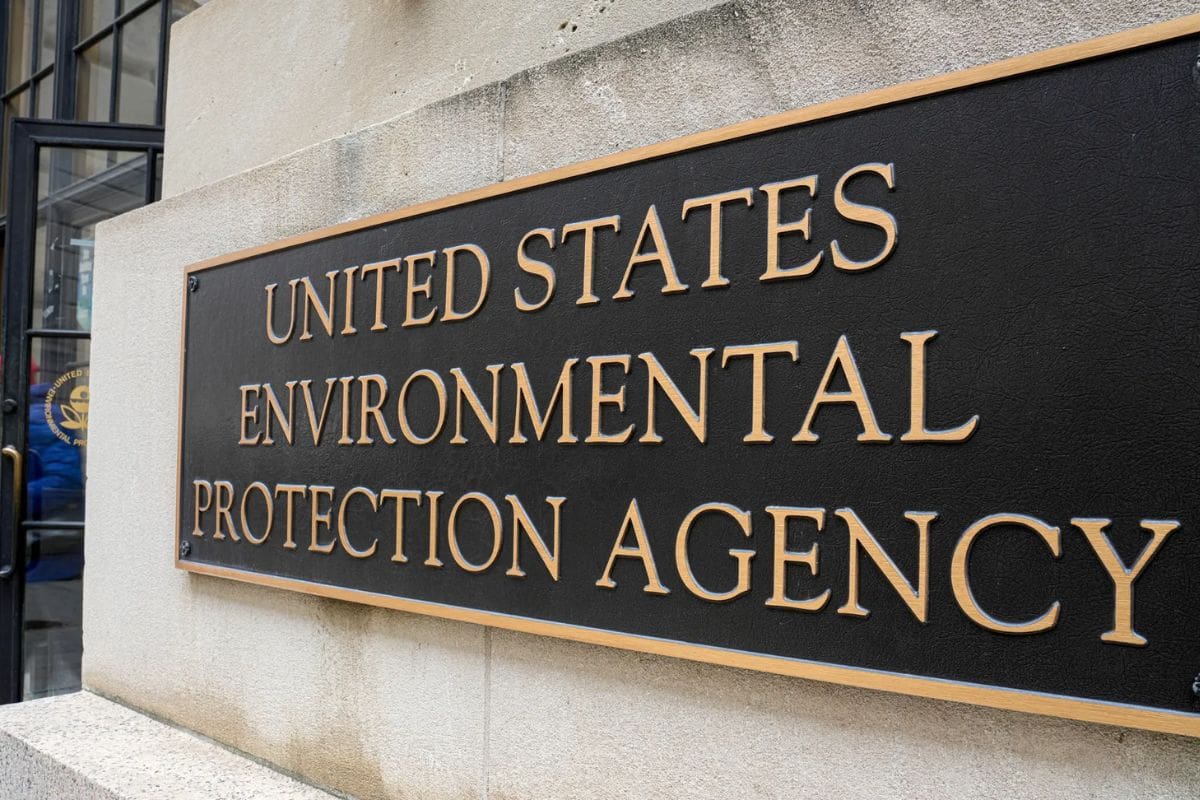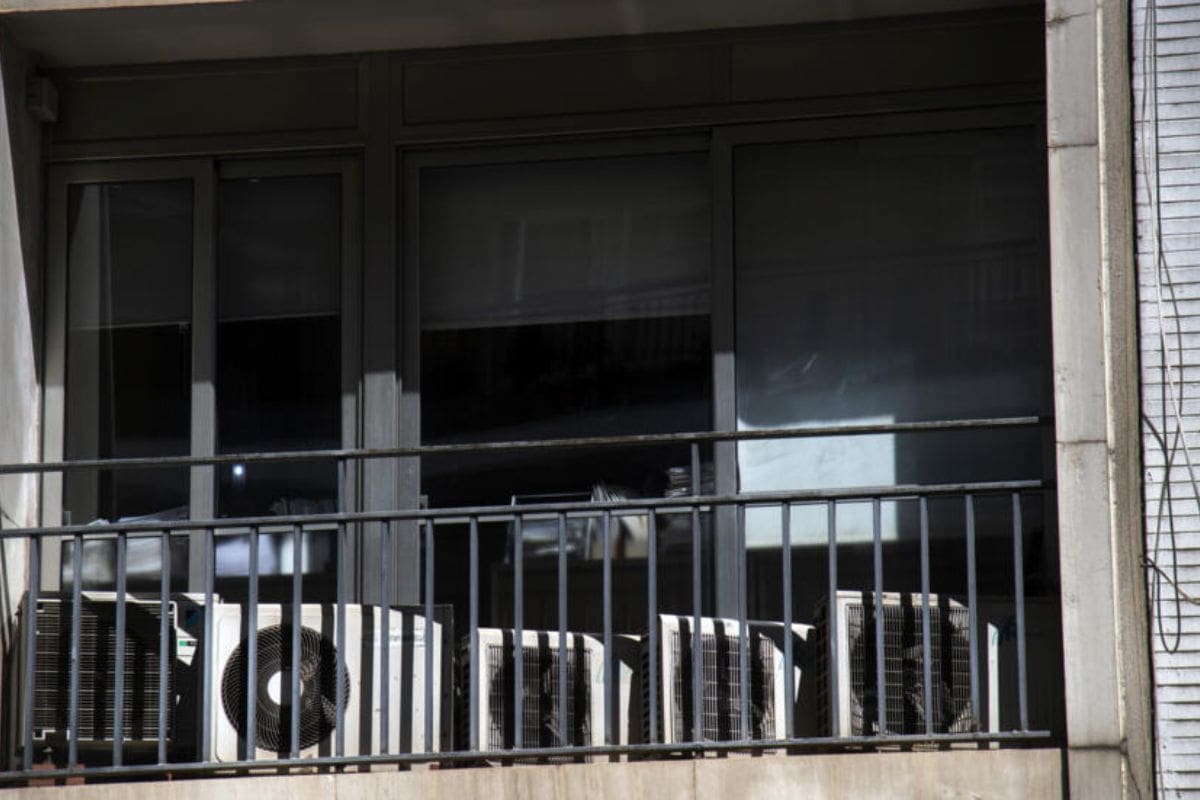California Man Makes History: In a groundbreaking turn of events, a California man has become the first in the United States to face charges related to greenhouse gas smuggling.
The case unveils a clandestine world where hydrofluorocarbons (HFCs) are traded illicitly, fueling a climate crisis already at its peak.
The implications of this arrest extend beyond national borders, pointing to a covert network that undermines international efforts to combat climate change.
As the details of this unprecedented case come to light, the true scope of the environmental impact is yet to be fully revealed.

Landmark Arrest for Greenhouse Gas Smuggling
The landmark arrest for greenhouse gas smuggling marks a significant milestone in the enforcement of environmental regulations in the United States. Michael Hart of San Diego is the first individual in the country to face charges related to the illegal smuggling of greenhouse gases. This arrest is a direct result of the American Innovation and Manufacturing Act of 2020, a law designed to prevent the unauthorized importation of hydrofluorocarbons (HFCs) without the necessary permits from the Environmental Protection Agency (EPA).
The charges against Hart highlight the seriousness with which the U.S. government is approaching environmental violations, particularly those related to greenhouse gases. The illegal smuggling of HFCs poses a significant threat to the environment and can have far-reaching consequences for climate change. By holding individuals like Hart accountable for their actions, authorities are sending a clear message that such activities will not be tolerated in the United States. This case sets a precedent for future enforcement efforts and underscores the importance of complying with environmental regulations to protect the planet.
Hydrofluorocarbons (HFCs): A Climate Crisis Catalyst
HFCs, as potent greenhouse gases commonly present in various household and industrial products, have emerged as a significant factor exacerbating the ongoing climate crisis, underlining the critical need for stringent regulatory measures and enforcement against their illegal trade. These substances, widely used in refrigeration, air conditioning, and aerosols, possess a much higher heat-trapping potential than carbon dioxide. The case of the California man charged with smuggling HFCs from Mexico into the U.S. for profit sheds light on the illicit trade of these harmful gases and its adverse impact on the environment.
| HFCs Impact | Regulatory Measures | Enforcement Actions |
|---|---|---|
| Intensify climate crisis | Stricter controls needed | Legal consequences crucial |
| High heat-trapping potential | International cooperation | Surveillance and tracking |
| Common in everyday products | Technology advancements | Border control enhancements |
| Require global action | Public awareness campaigns | Penalties for offenders |
| Contributing to environmental degradation | Compliance monitoring | Task force establishment |
Efforts to combat the smuggling and illegal trade of HFCs must be intensified to mitigate their detrimental effects on climate change and safeguard the environment for future generations.

Undermining International Climate Efforts
Undermining international climate efforts, the illegal smuggling of hydrofluorocarbons by the California man has raised significant concerns regarding global environmental agreements and regulatory compliance. The actions of the accused individual not only violate domestic laws but also directly challenge international initiatives to mitigate climate change. David Uhlmann from the EPA emphasized that this illicit activity undermines the Kigali Amendment to the Montreal Protocol, a crucial global treaty designed to reduce the use of potent greenhouse gases like HFCs.
The Kigali Amendment, endorsed by the United States and numerous other nations, aims to slash HFC emissions by 80-85% by 2047. Furthermore, the indictment includes allegations of importing HCFC 22, a substance that depletes the ozone layer and falls under the regulatory purview of the Clean Air Act. This case also sheds light on the disparities in phasing out harmful substances between developed and developing countries, exemplified by the differing timelines for pollution reduction between Mexico and the United States.
Such actions not only jeopardize environmental progress but also disrupt the delicate balance of international climate cooperation.

News In Brief
In a groundbreaking development, a Californian, Michael Hart, faces charges as the first in the U.S. linked to the illicit trade of greenhouse gases. The case exposes a covert world of hydrofluorocarbons (HFCs) smuggling, adding fuel to an already critical climate crisis. Beyond national borders, this arrest raises concerns about a clandestine network undermining global efforts to combat climate change. As details unfold, the true environmental impact remains uncertain.
This landmark arrest underscores the U.S. commitment to tackling environmental violations and sets a precedent for future enforcement. HFCs, present in everyday products, play a pivotal role in intensifying climate issues, emphasizing the urgent need for stringent regulations and global collaboration. The accused’s actions also challenge international agreements, notably the Kigali Amendment, aiming to reduce HFC emissions significantly by 2047. The case highlights the complexities of balancing environmental progress with global cooperation.

